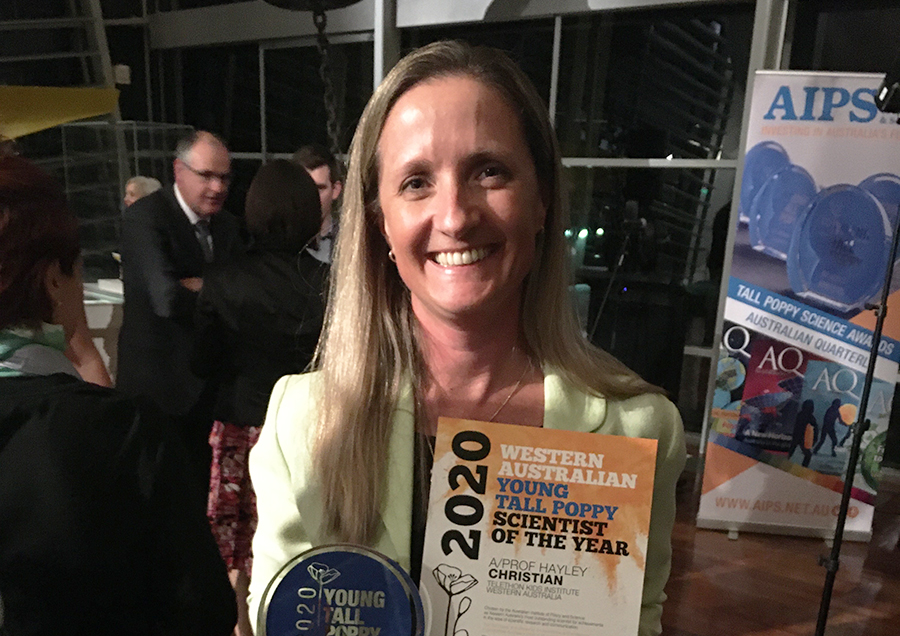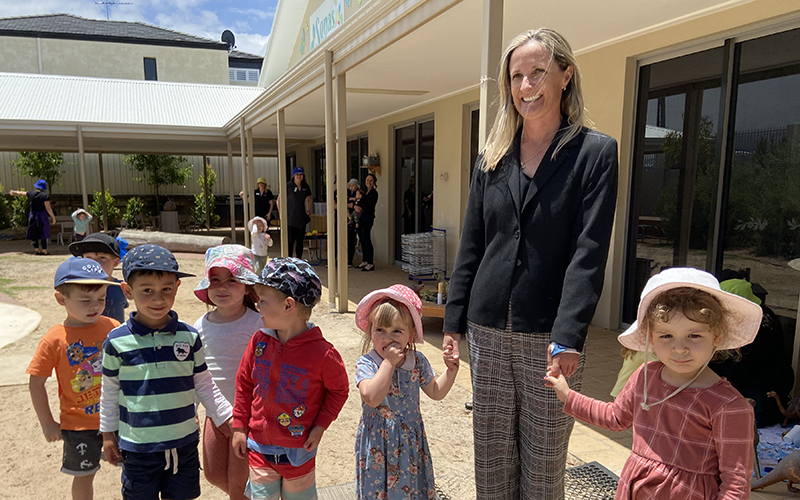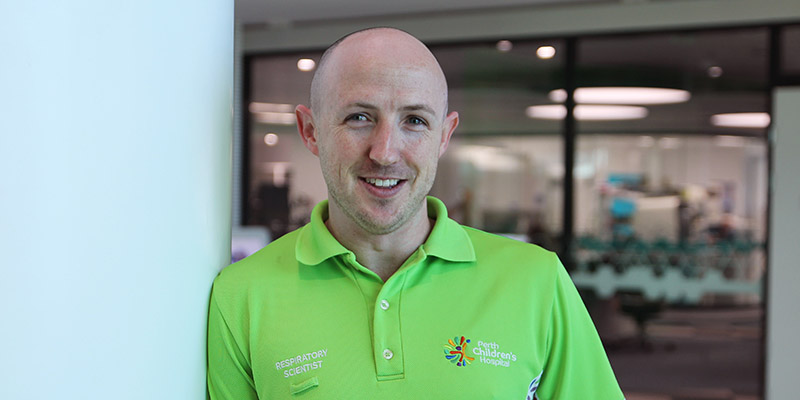Search
Research
Organizational readiness and implementation fidelity of an early childhood education and care-specific physical activity policy intervention: findings from the Play Active trialMany children do not accumulate sufficient physical activity for good health and development at early childhood education and care (ECEC). This study examined the association between ECEC organizational readiness and implementation fidelity of an ECEC-specific physical activity policy intervention.
Research
Physical activity behaviors in trans and gender diverse adults: a scoping reviewThere is currently limited data regarding the physical activity behaviors of trans and gender diverse people (including binary and non-binary identities; henceforth trans). The aim of this review was to synthesize the existing literature in this area, with a focus on physical activity behaviors as they relate to health (e.g. health benefits, risks of adverse health outcomes).
Research
Thriving families: The feasibility and preliminary efficacy of a multi-component physical literacy program for children with neurodevelopmental, emotional, or behavioural problemsChildren with neurodevelopmental, emotional, or behavioural challenges participate in lower levels of physical activity (PA) and subsequently have poorer physical and mental health outcomes. We sought to determine the feasibility and preliminary efficacy of a multi-component physical literacy program for children with neurodevelopmental, emotional, or behavioural challenges.
Research
Preterm birth and exercise capacity: what do we currently know?The long-term cardiopulmonary outcomes following preterm birth during the surfactant era remain unclear. Respiratory symptoms, particularly exertional symptoms, are common in preterm children. Therefore, cardiopulmonary exercise testing may provide insights into the pathophysiology driving exertional respiratory symptoms in those born preterm. This review aims to outline the current knowledge of cardiopulmonary exercise testing in the assessment of children born preterm in the surfactant era.
Research
The built environment and child obesity: A review of Australian policiesChild obesity is a serious public health challenge affected by both individual choice and societal and environmental factors. The main modifiable risk factors for child obesity are unhealthy eating and low levels of physical activity, both influenced by aspects of the built environment.

News & Events
Up and at ’em: The Kids physical activity researcher named a WA Young Tall PoppyA The Kids Research Institute Australia researcher focused on promoting more active childhoods to improve child health and wellbeing will be named amongst WA’s most outstanding young scientists at the upcoming 2020 Young Tall Poppy Science Awards.

News & Events
The Kids researcher takes out top prize at 2020 WA Tall Poppy Science AwardsThe Kids Research Institute Australia and University of Western Australia physical activity researcher Hayley Christian has been named Young Tall Poppy Scientist of the Year at the 2020 WA Young Tall Poppy Science Awards.

News & Events
Childcare centres urged to adopt new policy to boost kids’ physical activityChildcare centres will be invited to help boost children’s physical activity levels by signing on to a new program which commits them to creating more opportunities for physical activity.

News & Events
Pre-term kids get green light to exerciseParents of children born prematurely have expressed concerns about their child’s lung health when they exercise, with symptoms such as breathlessness.
Research
Measuring delivery and impact in community-based health promotion initiatives: development and overview of the Healthway Evaluation FrameworkRobust evaluation is critical for understanding and enhancing the impact of health promotion initiatives. However, many community-based organisations face challenges in planning and conducting evaluation due to limitations in knowledge, resources, and the applicability of existing evaluation frameworks. The Healthway Evaluation Framework, and its accompanying practical Measurement Toolkit, was designed to support evaluation planning, implementation, and reporting across diverse health promotion programs and settings.
